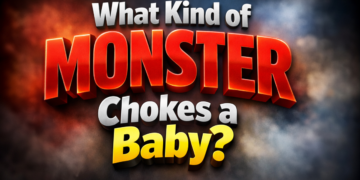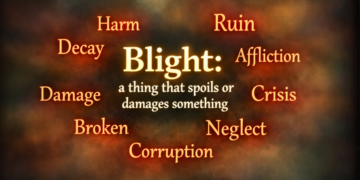World Mental Health Day, 2020: Let’s Talk About It
World Mental Health Day (Oct 10) aims to bring the issue of mental health to the forefront of people’s minds. Based on the global theme of,“Mental Health for all” it seeks to raise awareness of mental health issues that have increased during the year of COVID-19.
Quick Facts
The most common types of mental illness are anxiety, depression, and post-traumatic stress disorder.
An estimated 8 million U.S. adults suffer from an anxiety disorder, according to the National Institute of Mental Health.
About 50% of individuals suffering from mental illness also have a substance abuse disorder.
Men are more likely to suffer from mental illness than women. But, women are more likely to seek treatment.
Mental health may be directly related to the environment that a person lives in.
Young People and Mental Illness
People aged 18 to 25 are most likely to suffer from anxiety and depression – figures from the Mental Health Advisory Board show. Half of all of these patients said their difficulties with anxiety was severe. Mental health problems were found among 45 percent of the “under-18’s” in the survey.
Seventy percent of those who were evaluated for the study said they had experienced a recent episode of anxiety or depression. 20 percent had self-harmed and four percent had attempted suicide.
Attention-deficit hyperactivity disorder is the most common mental illness in children, affecting 5% of school-age children.
Attention-deficit disorder (ADHD) is a neurodevelopmental disorder, which has been shown to result from impaired dopamine production in the dopamine reward system in the brain and does not appear to be caused by any other abnormality. In studies, this disorder has been shown to lead to a lack of motivation, and poor concentration and working memory.
Individuals with ADHD demonstrate repetitive behaviors, such as picking at scabs, lip-smacking, grinding their teeth, or jumping from one subject to another.
Such behaviors may contribute to physical pain, low self-esteem, and an inability to focus on a particular goal.
Depression, Anxiety, and suicide rates have increased during COVID-19
The increased suicide rates in COVID-19 are significant for 2 reasons. First, these findings are consistent with a recent report on the prevalence of suicide in the US population, which showed increases for both genders Second, the increase in suicide rates observed in COVID-19 was 1.6 times greater than that observed with the most recent study on the suicide mortality rate in the US.
Myths vs Facts
Myth: If I just tried a little harder I could handle it.
Fact: People with mental illness do have a lot of willpower. When they are at a low point and things are not going the way they want them to they have a lot of willpower. However, they also have a lot of anxiety. In the end, people with mental illness are quite limited by the resources that they have.
Myth: I just need to try harder.
Fact: Mental illness does not have a cure. The best way to feel better is to work with a physician who can help you come up with a treatment plan.
Myth: I have to deal with my mental illness on my own.
Fact: Many people with mental illness need to have a lot of support. This could be family, friends, clergy, therapists, and physicians.
Myth: I have no friends with mental illness because I’m too busy and have too many other things going on.
Fact: People with mental illness have a very low life expectancy. They have a higher rate of suicide, addiction, and suicide attempts. They can be isolated and lonely.
Myth: I need to always be strong and strong-willed to deal with my mental illness.
Fact: Many people with mental illness have difficulty dealing with the consequences of their illness. They can struggle to pay their bills, keep up with other responsibilities, take care of their kids, and even live at home.
Myth: My mental illness is my fault and it is my fault that I got sick.
Fact: No one deserves to be sick. It is not your fault. No matter how you got sick, you can recover. Your illness does not mean you are a bad person or have done something wrong. It may be confusing and hard to believe, but you have the power to recover.
Myth: You can’t get help because people don’t think my illness is “real”.
Fact: There is help available for anyone struggling with their mental health. Every day, there are people who are committed to helping people who have a mental illness, including therapy, medications, and other services. A mental illness does not make you a bad person or mean you can’t be a productive member of society.
It is so important that we educate people about the different types of mental illnesses and that we tell people that there is help available. It is so easy to get isolated with mental illness. It is difficult to tell people about the reality of having a mental illness, but you can show them by talking about your illness.
It is time to stop stigmatizing people who struggle with a mental illness.
There is help available. You are not alone.


















































































